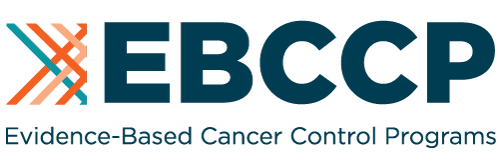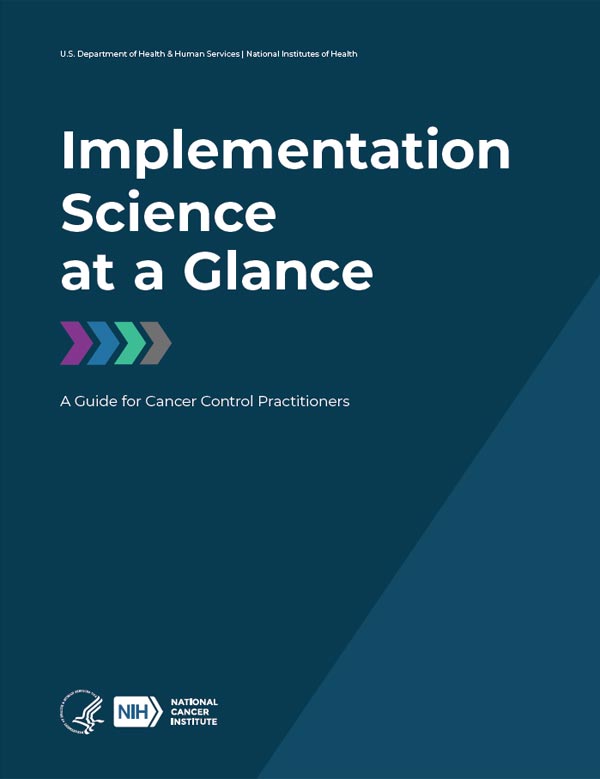illustrator pen tool practice template
- Implementation Science
- Research & Practice Tools
- Practice Tools
Use these tools to understand, plan for, and implement evidence-based practices, programs, and interventions into routine health care and public health settings.
Evidence-Based Cancer Control Programs (EBCCP)

The EBCCP website is a searchable database of cancer control programs and implementation materials. EBCCP gives program planners and public health practitioners easy and immediate access to evidence-based materials. The site outlines programs available for use in a community or clinical setting. Currently, there are over 200 programs available on the EBCCP website across many health topics (e.g., tobacco control, HPV vaccination, cancer screening, survivorship/supportive care), delivery settings (e.g., community- and faith-based organizations, schools, clinical settings), and target populations (e.g., adolescents, adults, blacks, Hispanics or Latinos, Asians, whites).
Implementation Science at a Glance

Implementation Science at a Glance is a workbook designed specifically for cancer control practitioners. It provides a succinct overview of the rapidly evolving field.
This workbook was written by members of the National Cancer Institute Implementation Science team and reviewed by public health practitioners and implementation researchers.
Through summaries of key theories, methods, and models, the guide shows how the use of implementation science can support the effective adoption of evidence-based interventions.
Case studies illustrate how practitioners are successfully applying implementation science in their cancer control programs.
Cancer Control P.L.A.N.E.T
The Cancer Control Plan, Link, Act, Network with Evidence-based Tools (P.L.A.N.E.T) website provides cancer control planners, program staff and researchers with access to web-based resources that can help them to:
- Search the cancer and/or risk factor burden within a given state or county
- Increase collaboration between researchers, planners, and policymakers
- Understand current research findings and scientific recommendations
- Inform research and policy
- Download evidence-based programs and products
- Find guidelines to evaluate and translate research into practice
Cancer Trends Progress Report
The Cancer Trends Progress Report, first issued in 2001, summarizes our nation's advances against cancer in relation to Healthy People targets set forth by the Department of Health and Human Services. The Cancer Trends Progress Report helps the nation review past efforts and plan future ones. It uses national trend data to illustrate where improvements have been made.
This report is accessible to the public, health professionals, and policymakers. The progress report can help the public better understand the nature and results of strategies to fight cancer. Researchers, clinicians, and public health providers can focus on the gaps and opportunities identified in the report. This increased focuse is paving the way for future progress against cancer. Policymakers can use the report to gauge our progress relative to our investment.
Last Updated
August 26, 2021
illustrator pen tool practice template
Source: https://cancercontrol.cancer.gov/is/tools/practice-tools
Posted by: wagonerwhiden.blogspot.com

0 Response to "illustrator pen tool practice template"
Post a Comment